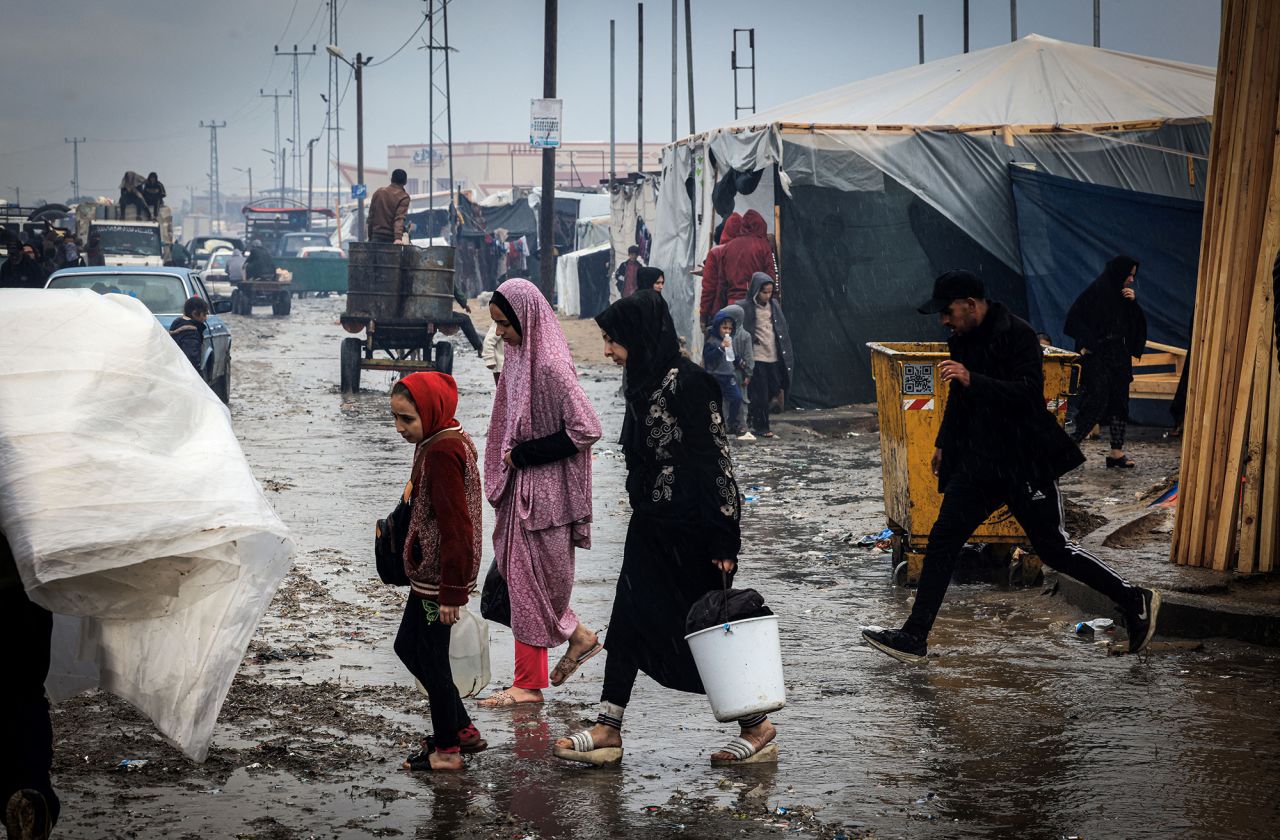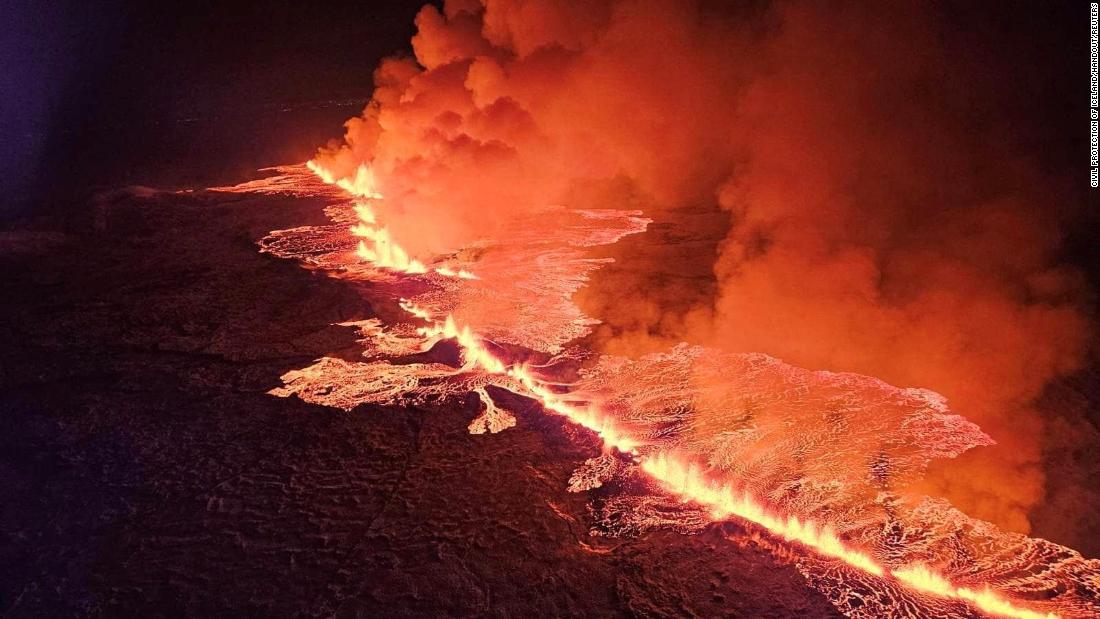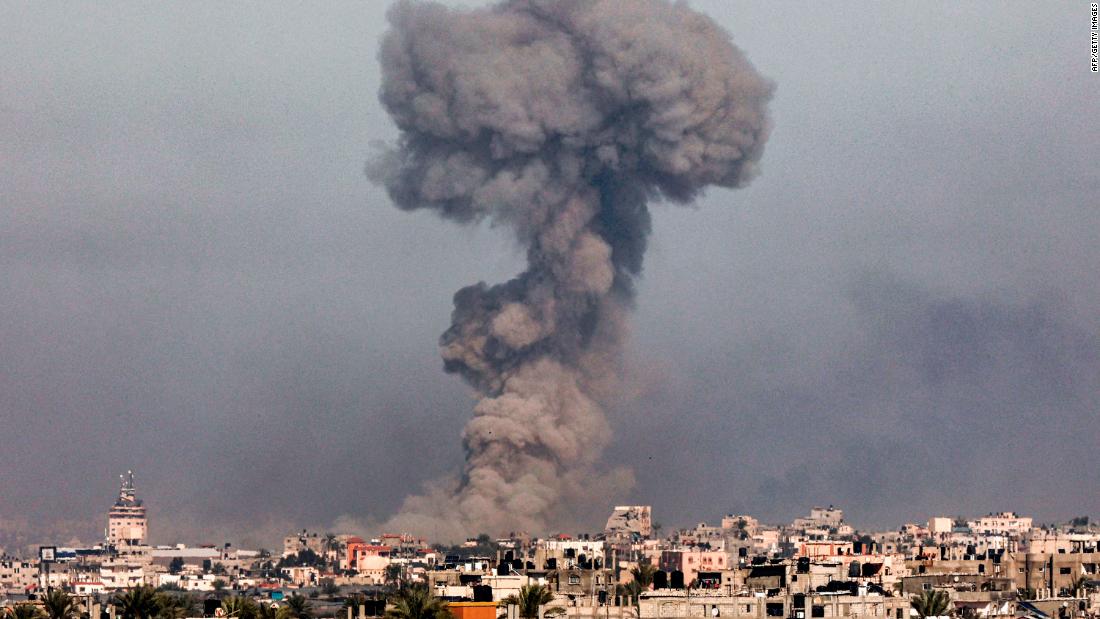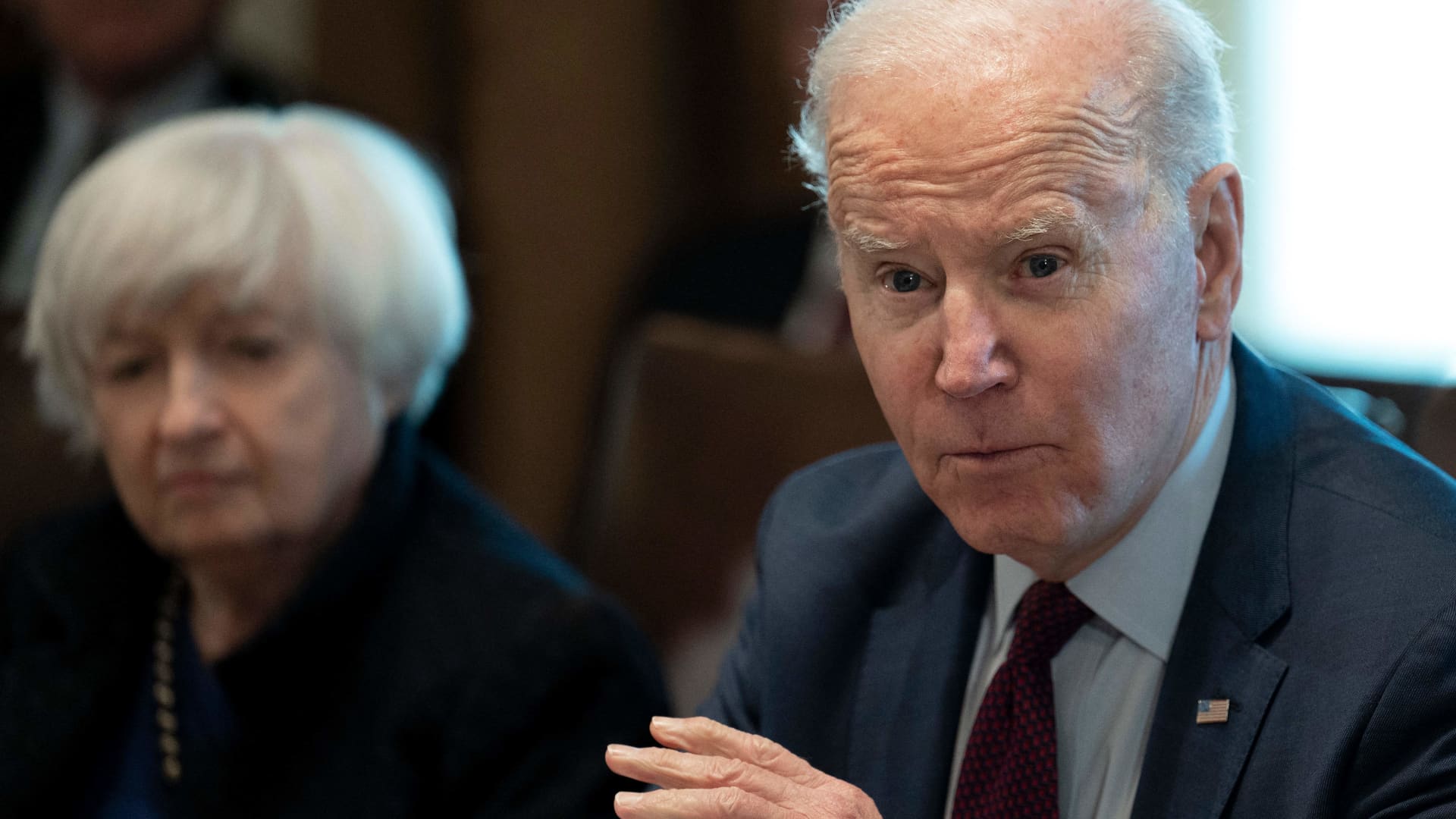January 3, 2024 Israel-Hamas war | CNN

Mohammed Hamouda says the streets of Rafah, in southern Gaza, are thick with pollution as beggars and homeless civilians try to survive in sheltering conditions ravaged by death and disease.
“Life here is very difficult,” the physical therapist, who is working at Abu Youssef Al-Najjar Hospital in Rafah and volunteering at a nearby shelter, told CNN on Tuesday. “Hundreds of thousands cannot find shelter,” he said. “Others sleep on the sidewalk.”
Hamouda and his family are part of the 1.93 million people in Gaza who have been displaced in search of safety from Israeli bombardment and besiegement. He is staying with his family inside a shelter center. He was displaced to Rafah from his neighborhood in Beit Lahia, in northern Gaza, where his house was destroyed on October 15.
More than 1 million people are crammed into Rafah, the United Nations Relief and Works Agency for Palestine Refugees said on Tuesday. The southern city is estimated to be the most densely populated area in Gaza, exceeding 12,000 people per square kilometer, the UN Office for the Coordination of Humanitarian Affairs said in December.
Israel’s severe restrictions on food, fuel and water entering Gaza have put more than 2.2 million people in Gaza at risk of severe dehydration and starvation. Those living in overwhelmed shelters and huge tent camps are exposed to infectious diseases, where children are most at risk, according to Hamouda.
Young kids show signs of malnutrition, he said. Meanwhile, “there is no one” available to meet the needs of disabled civilians who require assistive devices. Those with chronic illnesses such as high blood pressure, diabetes and epilepsy cannot access medication, Hamouda added.
“Unfortunately, (those with) wounds are infected, and they are preparing for amputation,” he said.
Civilians in Gaza are no strangers to the trauma of war, having lived through years under siege. As Israel’s military assault on the Palestinian enclave following Hamas’ October 7 attacks enters its third month, Hamouda said “all residents of the Gaza Strip need mental health intervention.”
“Children in particular show complications of fear and crying a lot, urine incontinence. They wake up many times at night,” he told CNN. “My children don’t let me go to my work,” he said. “When I am outside, they hear the explosion. They think their father is dead, shouting and crying a lot and asking for their father, asking for their mother.”
Hamouda has three children who are aged six, four and two and a half. He described the turmoil of being surrounded by “the sense of death,” as he balances his responsibility as a health worker with his fears for his family.
“There is so much suffering that I cannot describe. Three months ago, my children and I had a house. Today I live inside a shelter center,” he added. “My house was completely destroyed. And with it, the beautiful memories were destroyed.”







